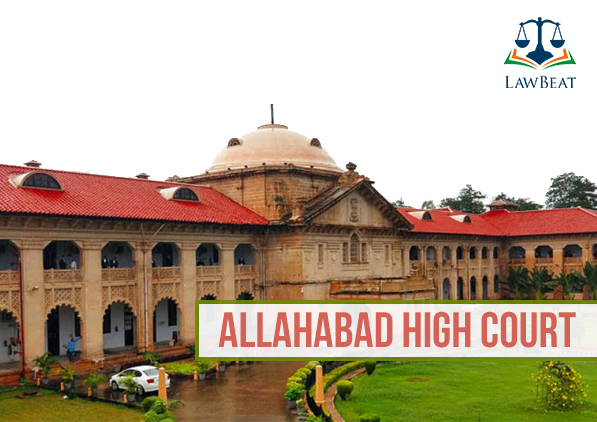“We express our dissatisfaction with the manner in which officers of State are progressing viz. functioning of Courts in UP”: Allahabad High Court

Hearing a suo motu case pertaining to the functioning of Courts in Uttar Pradesh, Allahabad High court has recently lashed out at the State government while expressing its dissatisfaction in the manner in which officers of the State are progressing.
A Seven Judge Bench of the High Court categorically pinned down all the issues upon which the court expected a better response from the Government.
In the year 2015, following a flagrant obstruction in the functioning of the High Court by some unruly advocates on March 23, court took suo moto cognizance of the incident and adopting a holistic perspective issued an array of directions to the State Government for making proper arrangements for safety and security and infrastructure of all the courts of State including District courts.
Passing the order, court categorically noted down all the issues on which it found that State has not taken the desirous action till date.
To be noted, on the issue of infrastructure of the High Court or allotment of land for construction of the Courts and residential buildings for the Subordinate Courts, Advocate General on behalf of the State had submitted before the court that Special Secretaries Law Department had visited various districts to make spot inspection and submitted their reports to respective District Magistrate/District Judge in pursuance of court’s order dates September 1, 2021.
However, stressing that nothing much had been proceeded yet, court observed that on the basis of the said reports no effective decision of the concerned department could be presented before the court.
Court said, “The District Magistrates being the Custodian of the records of the districts are required to identify the lands at the local level for their allotment to the Subordinate Courts both for the Court complexes and residential accommodations for the judicial officers.”
Court also highlighted that although Court’s Administrative Committee had directed the District Judges to co-ordinate with the District Magistrates to identify such lands, no effective action had been taken despite repeated reminders having been sent.
Stressing that lack of infrastructure and the basic amenities required for effective functioning of the Subordinate Courts interferes in the dispensation of speedy and timely justice to the litigants, court held, “It is the obligation of the State Government to come out with the effective action to resolve the problems faced by the Subordinate Courts both on account of the lack of staff and the adequate spaces/buildings for running the Courts.”
Court also stressed upon the issue of unavailability of adequate infrastructure to the POCSO courts State-wide. Highlighting the lack of sensitivity in establishment of such Courts, High court stated that the Special POCSO Courts designated by the State Government are forced to work in the common Court premises with no special facility for the child victim.
“No waiting areas nor even washroom facilities are available to the children attending the proceeding in the Special Courts,” Court observed.
Holding that for the lack of basic infrastructure, for which the judiciary is dependent upon the State Government, the progress of the Court proceedings is adversely affected, court also cornered the State Government regarding several other related issues such as- working of the Land Acquisition and Rehabilitation Tribunal and certain benefits that are yet to be provided to the Retired Judges including the service of the Orderly.
However, taking note of the assurances given by Advocate General that immediate actions will be taken in all aspects of the case, court decided to adjourned the matter till October 27.
Case Title: In Re v. Zila Adhivakta Sangh Allahabad
Bench: Acting Chief Justice Munishwar Nath Bhandari, Justice Pritinker Diwaker, Justice Naheed Ara Moonis, Justice Manoj Misra, Justice Mrs. Sunita Agarwal, Justice Surya Prakash Kesarwani and Justice Manoj Kumar Gupta.
